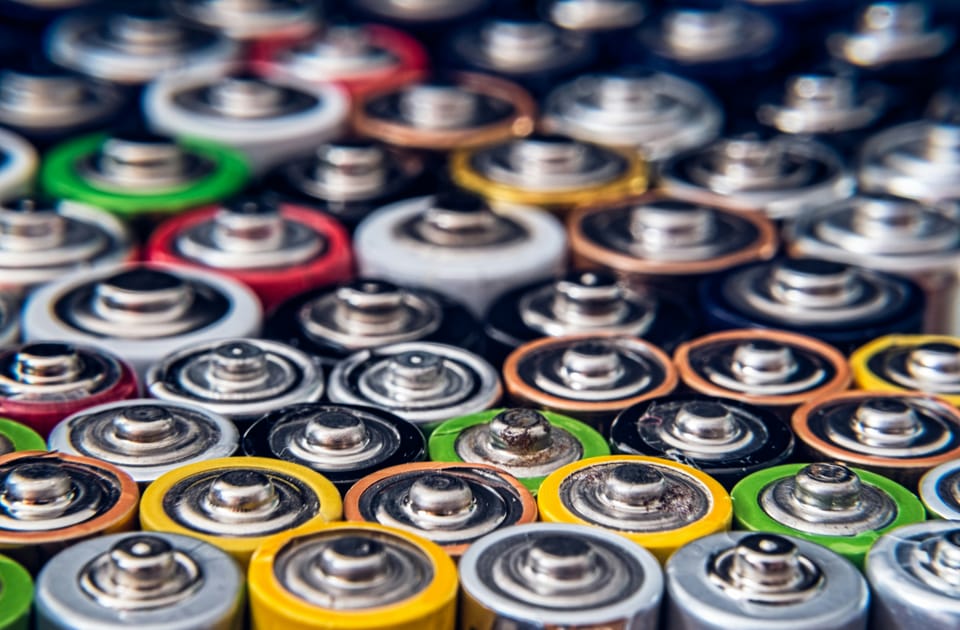UK seeks to produce 10% of critical minerals needs domestically by 2035
UK demand for lithium – an essential component in batteries – could rise by 1,100% in the next 10 years.

The UK government has launched a Critical Minerals Strategy to produce 10% of the country’s energy transition minerals domestically and 20% through recycling by 2035.
The strategy, meant to reduce the UK’s reliance on China for critical minerals, is backed by up to £50 million new funding, as well as a new guarantee by UK Export Finance for domestic businesses that supply critical mineral products to UK exporters.







